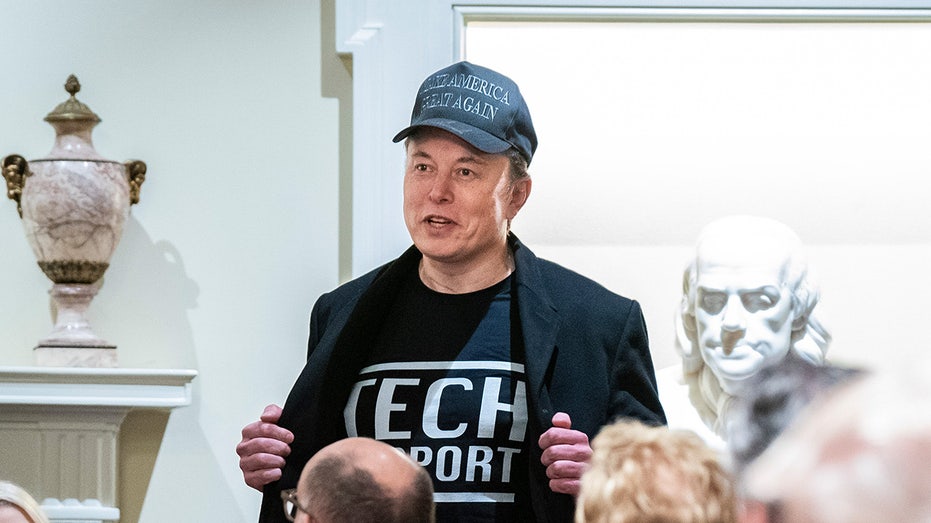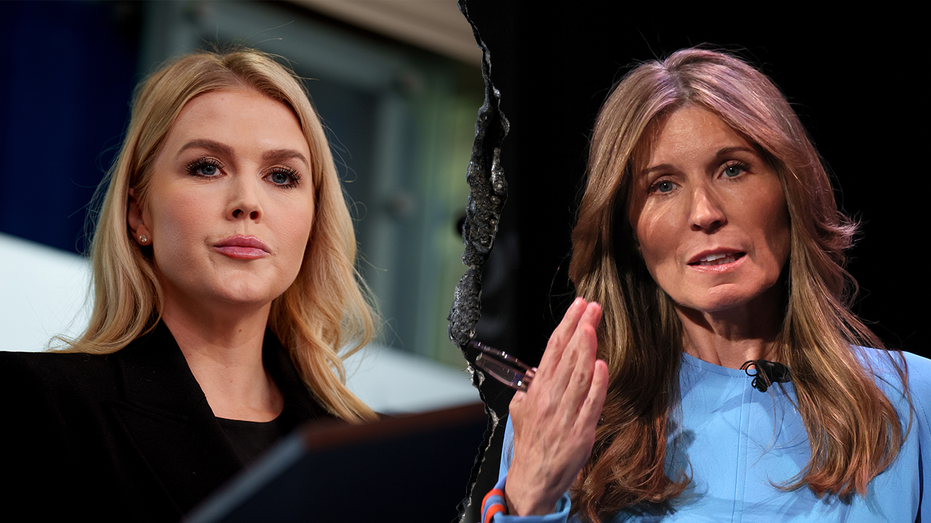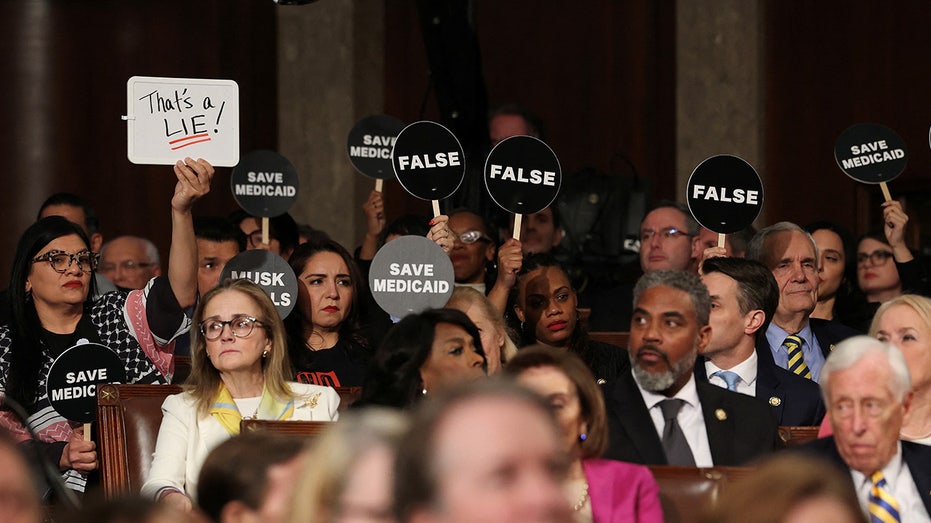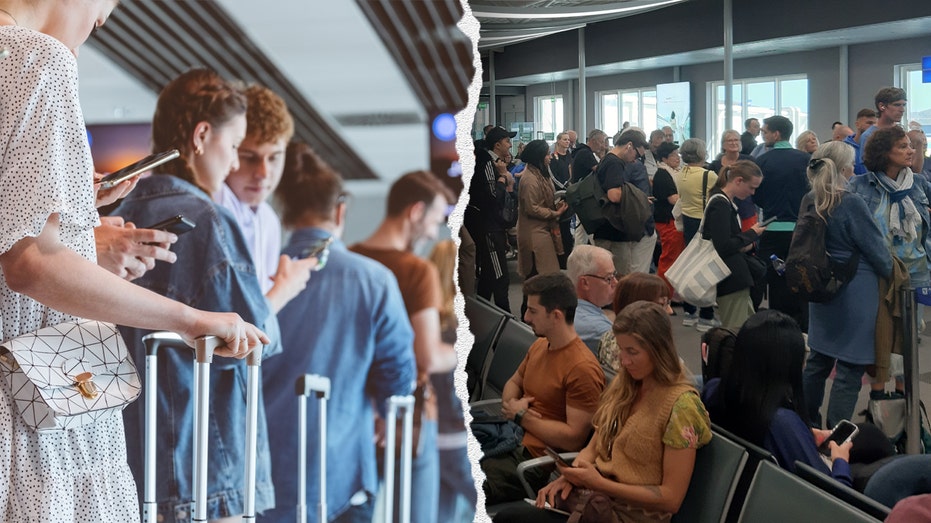- by foxnews
- 06 Mar 2025
UK criminal sanctions for tech bosses ?could be copied by non-democracies?
UK criminal sanctions for tech bosses ‘could be copied by non-democracies’
- by theguardian
- 13 Dec 2021
- in technology

Introducing criminal sanctions for tech executives in the online safety bill could be copied by non-democratic regimes, the industry has claimed before an influential report this week.
A joint committee of MPs and peers scrutinising the bill will publish its findings on Tuesday after the culture secretary promised to accelerate provisions for criminal liability for senior managers.
Nadine Dorries said it was "nonsense" that tech firms would be given a two-year grace period before criminal accountability is introduced. Instead, liability would be brought in within three to six months of the bill becoming law, she said.
In an example of the industry counter-offensive, the British trade body techUK said criminal sanctions could provide a "pretext" for non-democratic regimes to introduce punitive measures based on the legislation.
Twitter has issued a similar warning. Speaking to the joint committee in October, the social media company's director of public policy strategy, Nick Pickles, said "hostage laws" - so called because they could be used to get at companies by pressuring staff members - could be adopted by illiberal regimes.
In its submission to the committee, Google said the criminal sanctions threat would encourage directors to remove content "at scale" rather than risk falling foul of the act.
Dorries told the committee that failure to tackle harmful algorithms - which tailor an internet user's experience and could steer them down content "rabbit holes" - could result in charges being brought against executives. "Remove your harmful algorithms today and you will not be subjected - named individuals - to criminal liability and prosecution."
Under the bill, senior managers face a fine or up to two years in jail if they fail to comply with "information requests" from Ofcom, the communications watchdog that will oversee it.
According to the draft bill, a criminal offence will be committed if an executive fails to comply with an information request from Ofcom, or if the response is materially false or encrypted.
Supporters of the bill believe the clauses are broad enough to force tech companies to follow the act closely. However, lawyers at Harbottle & Lewis said the government memo on the deferred powers was focused on information offences and they did not "see anything in the memo that suggests liability could extend to other breaches of the act".
Dorries has said she will look at the committee's recommendations "very seriously", with several issues under debate including bringing fraudulent adverts under the scope of the bill and introducing tougher child protection measures such as stringent age verification.
The online safety bill applies to companies that host user-generated content, covering services from social media networks to video sharing sites. It places a duty of care on those companies to protect users from harmful content, or face substantial fines levied by Ofcom.
The duty of care is split into three parts: preventing the proliferation of illegal content and activity such as child abuse images, terrorist material and hate crimes such as racial abuse; ensuring children are not exposed to harmful or inappropriate content; and, for tech firms such as Facebook, Twitter and YouTube, ensuring adults are protected from legal but harmful content.
The latter content category is to be defined by the culture secretary, after consultation with Ofcom, and then scrutinised by parliament before being enacted in secondary legislation.
A spokesperson for the Department for Culture, Media and Sport said: "We are bringing in proportionate regulation for tech companies to give them a legal duty to keep their customers safe, as firms have in other sectors. It is vital that the most senior tech bosses take their new responsibilities seriously, and our bill will underline that."
- by foxnews
- descember 09, 2016
'Gate lice' run-ins have flyers demanding more airlines 'crack down' on pesky travel trend
Passengers are asking major airlines to do something about "gate lice" problem at airports. American Airlines currently has new tech to stop the line-cutters.
read more





